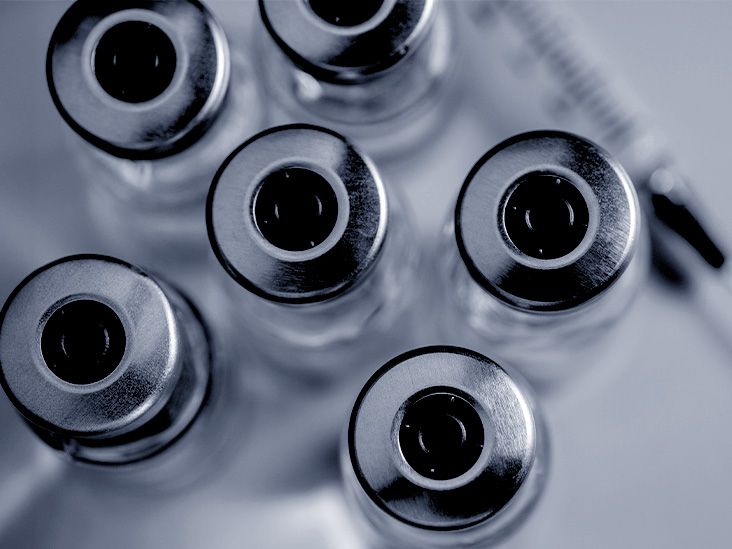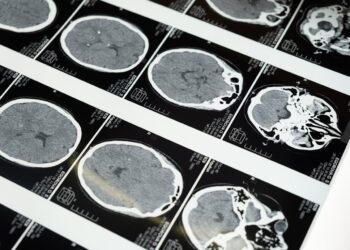- Psoriatic arthritis is an immune-driven condition that can occur in children with psoriasis.
- Although treatments are available, they do not work for every child.
- The U.S. Food and Drug Administration recently approved abatacept (Orencia) to treat these children.
- Abatacept, marketed by Bristol Myers Squibb, is a biologic drug.
- Trials indicate the drug is safe and effective for children aged 2 and older.
Psoriasis is a common skin condition characterized by scaly and inflamed skin.
It affects around 2% to 3% of the world’s population.
An estimated 30% of people with psoriasis also develop psoriatic arthritis (PsA) — a chronic inflammatory condition that affects people’s joints.
Most commonly, it first occurs in adults aged 30 to 50 years, but it can appear much earlier.
Roughly one-third of psoriasis cases begin during childhood.
Although it happens more rarely than in adults, these children are also at risk of developing PsA.
This is called juvenile psoriatic arthritis (JPsA) and the peak onset age is 2 to 3 years with another peak occurring in mid-adolescence. Diagnosing adult PsA is difficult and JPsA has additional challenges.
Medical News Today spoke with Dr. Pamela Weiss, the director of rheumatology clinical research and attending physician in the Division of Rheumatology at the Children’s Hospital of Philadelphia.
“PsA in children is difficult to diagnose for many of the same reasons as in adults,” she said. “One added difficulty is that only one-third of children have psoriasis prior to the onset of arthritis, which can make distinguishing it from other types of juvenile arthritis a bit more challenging.”
Although there is some debate surrounding how JPsA is related to other forms of early-onset arthritis, experts classify it as a form of juvenile idiopathic arthritis (JIA), which is an umbrella term for a range of similar conditions.
Terminology aside, JPsA accounts for
Read the full article here







